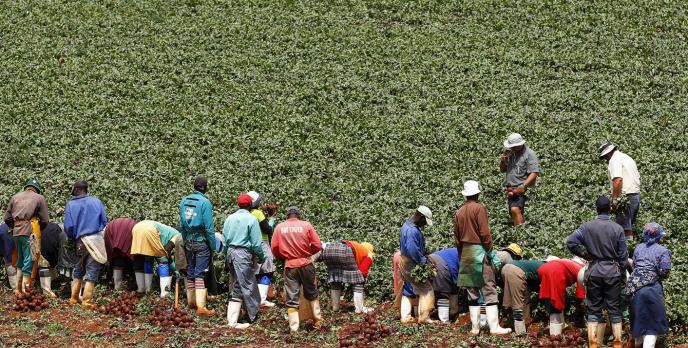Land reform in developing countries: the role of the state and other actors

An approach to sustainable and equitable development requires well informed, purposeful courses of action by the state and other concerned social actors.
Land tenure institutions have to be continually adapted and regulated to serve the public interest. But unless the institutions and policies regulating rights and obligations in access to land are somehow made primarily accountable to poor majorities, to low-income minorities and unborn generationsinstead of to currently dominant corporate and other powerful groupspublic interest can easily be interpreted to mean the opposite of sustainable development.

